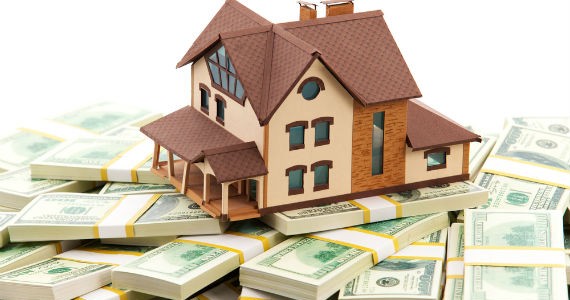It sounds like a joke but many people buy an apartment thinking that will capture your whole income and have steady income. But who rent apartments in a while they know that there are a number of elements to consider when estimating how much is it really going to leave the rent.

Considers these elements so you can estimate your profit:
- Idleness. Tenants will come and go and your apartment will be idle part of the time. In our City, on average, a tenant rents an apartment for two years and spends four months to find a new one. This means that your apartment no longer receives nearly 15% of revenue over time.
- Maintenance. Normally all apartments are within a condominium and as an owner you must pay your dues. Also, every time you change your tenant or there is a malfunction, you have to put him some money to the apartment to have it in top condition.
- The bad income. Who has spent years renting and never had a problem tenant really had good luck. One in six tenants in the city are “bad” and the cost of eviction or falls in average income is seven months. It is almost certain that 10 years is going to play a bad tenant.
- Taxes. In principle as an owner you must pay property taxes, but also income taxes cause renting a home And those who declare generally used a method called “blind deduction” with the ending paying almost 20% of income. In our city, 90% of people who receive housing rental income not declared, but it is increasingly difficult and risky cash charge rents without giving receipt, and prevents many times as you can continue to invest in more departments.
- The lack of liquidity. When the apartment is busy and the tenant is aware everything is quiet and peaceful, yet when the apartment becomes empty or leave you to pay lost what seemed like a constant income to pay expenses, debts, and other things. To the extent that the income is not always catch, there is what is known as liquidity risk, which in practical terms is a cost: the cost of reserving a portion of your money to be available at times that you need.
- Extreme cases. Finally, even if on average your department will be idle 15% of the time or miss about seven month’s rent when you have a bad tenant, it does not mean that there can be extreme cases in which your department is not in a while or you touch someone it takes much, much more, evict. It is hard to think how likely it is that something can happen, but the reality is that risk is present in income and many people are willing to pay for insurance cover provided.
So, with all this, why do people keep buying or holding property for sale as an investment? You may have to do with not entire property value come from rent it but also the appreciation that it can take time and that the income grows and adjusted in proportion.










Comments are closed.